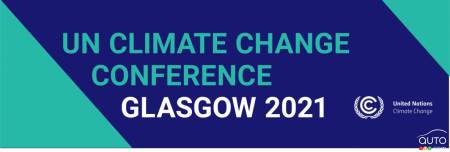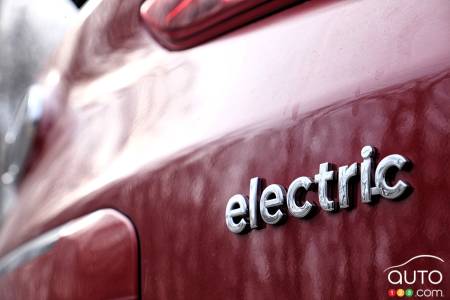At this year’s United Nations Climate Change Conference, also known as COP26, top world leaders are both reviewing progress made since the 2015 Paris Accords and also looking ahead as they negotiate new, more ambitious targets for the years to come.
The meeting is taking place in Glasgow, Scotland.
A number of announcements have been made in this regard in recent days, and we will leave it to the experts to analyze their significance. Of particular interest to us is the declaration by six major car manufacturers – among them Ford, General Motors and Mercedes-Benz - and 30 national governments, which have signed a pledge to stop sales of new gasoline and diesel vehicles by 2040 globally, and by 2035 within major markets.
That's good news, but there's a catch. The governments of three of the largest automotive markets - the U.S., China and Japan - have not signed on to the commitment, nor have some major manufacturers such as Toyota, Volkswagen and the Renault-Nissan Group.
The pledge, which is not legally binding, calls for those signing on to have 100 percent of their vehicle sales consist of zero-emission vehicles within major markets by 2035 or even earlier.

Volvo, Jaguar-Land Rover and Chinese manufacturer BYD are the other manufacturers that have signed on. To give you an idea of where they are at present, sales by the group of signatory automakers accounted for about a quarter of global transactions in 2019.
In addition, two dozen fleet operators, including Uber, also pledged to use only “zero-emission” vehicles by 2030.
Among the 30 countries that have signed on to the agreement are European nations - including Norway, Sweden, the Netherlands and the United Kingdom - where electric vehicle sales are particularly strong. India, the world's fourth-largest car market, was a crucial addition. It is one of several countries – others include Turkey and Rwanda - that had not yet committed to ending sales of gasoline and diesel cars. The states of California and Washington State have also signed on.
Going forward, the key now will be whether the signatories follow up on their commitment. It will be 10 to 15 years before we can measure whether the commitments have been respected.




